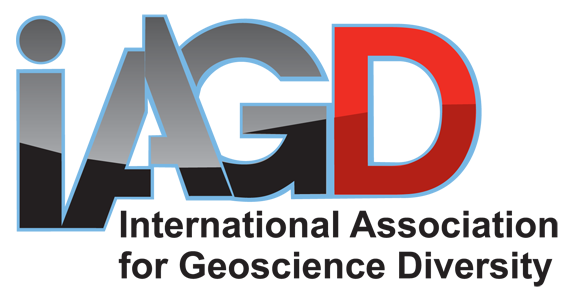Dr. Kathleen Nicoll, Associate Professor of Geography at the University of Utah, and Director of Foundations for the International Association for Geoscience Diversity (IAGD) was recently quoted in the Scientific American article: “Students Say Online Courses Enrich On-Campus Learning” describing the benefits of Massive Open Online Courses, or MOOCs, including increased access for students with disabilities. Below is an excerpt from the article written by Jeffrey Bartholet.
The MOOC students surveyed, nearly half of whom had a biology focus, included skeptics, of course. The number of people who thought traditional courses offered greater educational value than MOOCs was roughly equal to the number who favored the online approach. Yet the percentage of those who thought traditional courses offered superior career value was significantly larger (43 versus 26 percent). Kathleen Nicoll, an associate professor of geography at the University of Utah, took an M.I.T. mathematics class and was underwhelmed. She notes that the course mostly consisted of PowerPoint graphics and canned videos of a professor solving problems. “MOOCs do a good job of basically documenting information,” she says. “It’s like television—a very passive experience”.
Although some classes try to mimic research experiences in a virtual lab, that cannot substitute “for smelling formaldehyde or seeing something almost explode in your face and having to react to that,” Nicoll says. She also believes that human interaction is fundamental to learning and that online forums and discussion groups are no substitute. “It’s kind of like the difference between having a real friend and a Facebook friend,” she says. Yet even Nicoll sees benefits: “One of the huge upsides is that MOOCs can reach everyone [with a computer and Internet]—people who are differently abled, people behind bars in prison”.
The entire Scientific American article can be found here.



